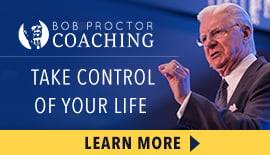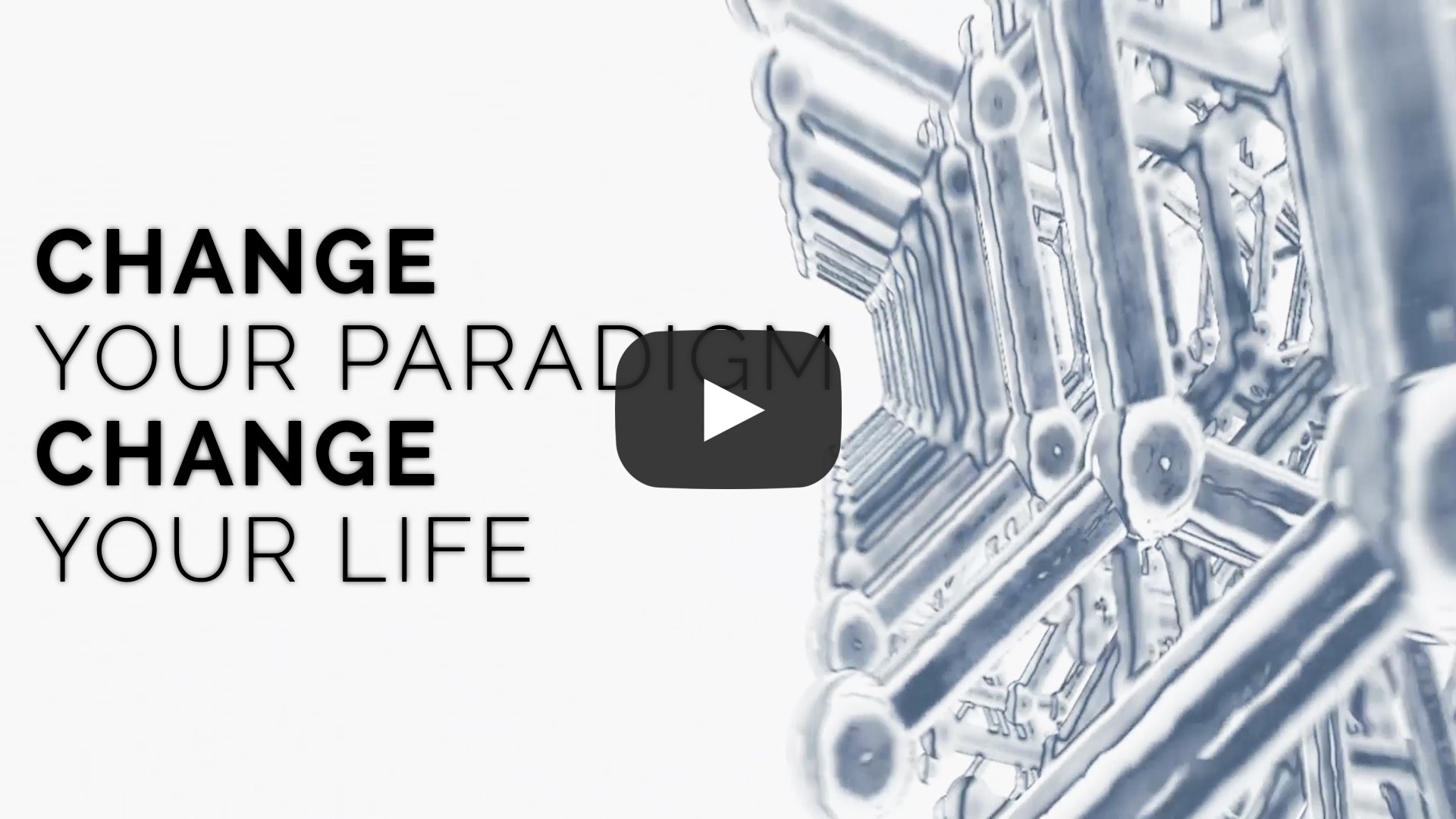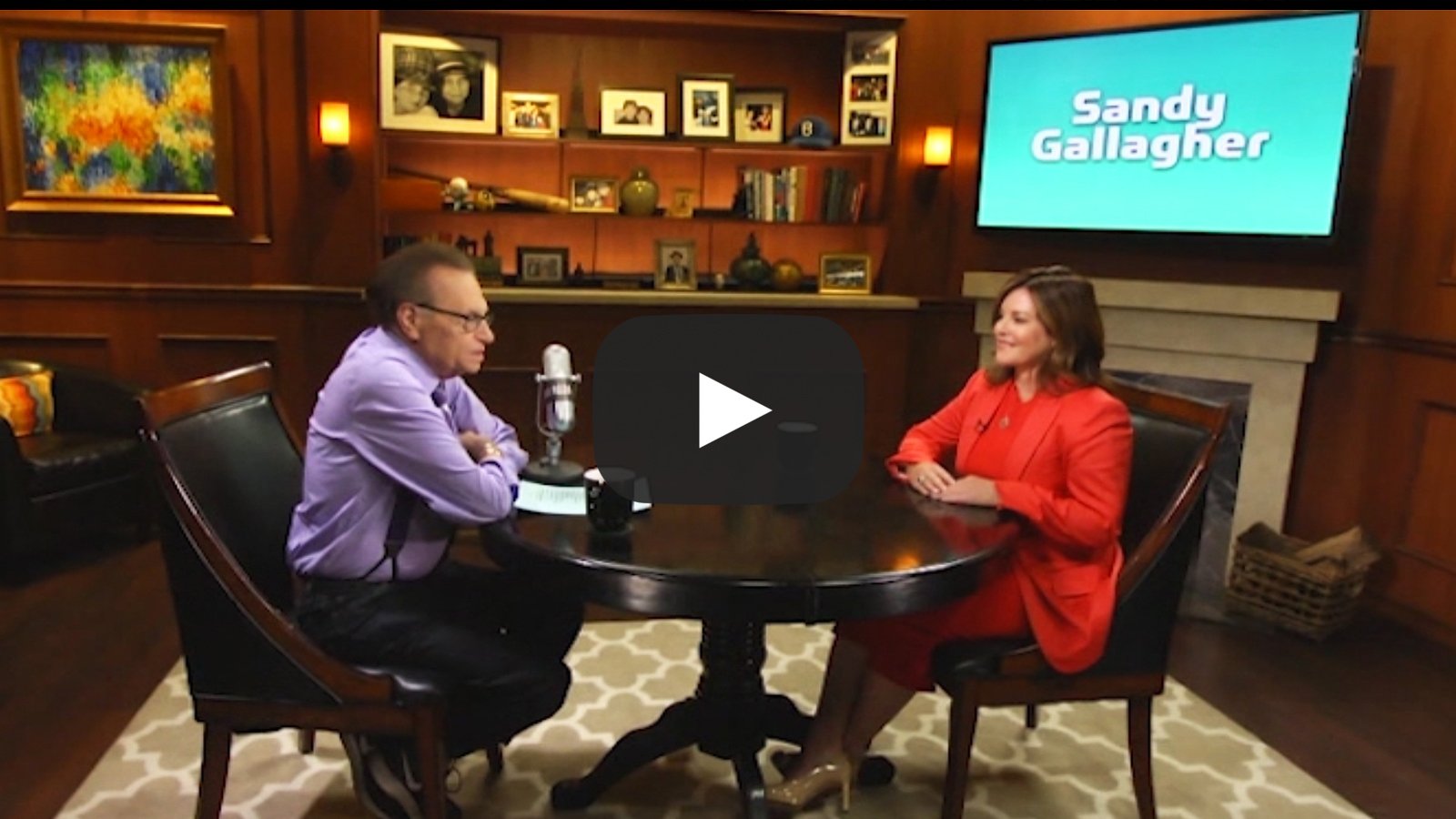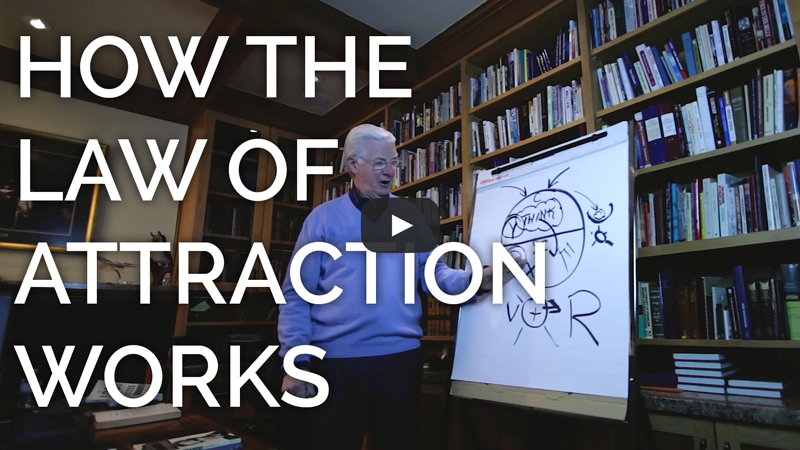Wouldn’t it be wonderful if people always acted the way you want them to?
Each day, it would be fairly easy to remain loving and serene.
But that’s not a realistic picture of life.
Everyone is imperfect. Everyone is wounded. And, as a result, most of us have been stung at one time or another by the careless cruelty of others.
It hurts. It angers you. It may even make you sad.
But, you can’t control what other people say or do.
Keeping others’ words and behavior
from affecting you
Although you can’t control others, you can decide how to respond to their words and actions.
When someone wrongs you in some way, you can let it bother you, or you can let it go and forgive them.
True forgiveness is not a lack of discernment. It doesn’t mean that someone didn’t act horribly. It means that we choose to accept things as they are, extract the good, and let go of the rest.
I want to be clear…
The fact that I forgive you doesn’t mean you “won.” It also doesn’t mean you “got away with something.” It simply means I’m free to reclaim my inner peace and stay there.
Get moving again
Forgiveness is tricky.
It requires that we take some time to process what happened without taking too much time.
If we forgive too quickly, the forgiveness doesn’t last. If we refuse to forgive, negative energy builds up inside and pollutes us internally.
Even though it can be quite challenging, forgiveness is essential for our cleansing and freedom.
After a difficult or traumatic experience, forgiveness is what gets us moving again. Without it, we become stuck.
See, we energetically metabolize our experiences every day. Often, we allow difficult and stressful experiences to build up and, ultimately, that negative energy drains us. It dims our light. It knocks us out of balance.
Just as we’re always responsible for the energy we bring to any situation, we are also responsible to ourselves for the energy that we allow in.
You—not your spouse, boss, friends or family—are the guardian of your internal harmony and vibrancy.
When you internalize the positive and keep the negative at bay, you recharge every fiber of your being.
But when you digest the bad experiences in your life, it is detrimental and toxic to your mind and body. And that negative energy burdens you as long as you carry it around.
A metaphor for your state of mind
If you’re guarding your energy appropriately, it should work something like a well-functioning septic system.
If you’re not familiar with septic systems, bear with me as I briefly explain what they are and how they work.
A septic system is a simple underground configuration that processes human waste at a rural home or business.
All the drainage pipes inside the building flow into a single pipe and empty into a large underground tank. The tank has two chambers and as the contents flow from one chamber to the next, naturally-occurring bacteria work to dissolve the solids.
Eventually, the resulting liquid ends up in a leach field where a gravel-soil mixture filters out any remaining impurities.
At this point, what was once a waste product has been purified enough by the bacteria and filters that it is useful to plants and it is taken up by their root systems.
When a septic system isn’t flowing properly, and it slows or backs up, problems start. If the blockage isn’t removed, things will degenerate over time, contaminating the environment and eventually causing the entire system to break down.
Well, forgiveness is an antidote to this kind of breakdown in our mind and body. By neutralizing resentful thoughts and feelings, it removes toxic emotions, such as blame and judgment, from our internal environment.
When we forgive someone, we release any grudges we hold against them, together with the negative charge connected to the situation. With that heaviness lifted, you remove the block that keeps you from receiving the good that life has to offer.
Try this
The following passage can help you work through the process of forgiveness. Print it, then read it often whenever you have a hurtful experience.
While something hurtful might have occurred in my life, what matters is how I choose to respond to it. While I must process my feelings, I do not have to indulge them. I can honor my feelings without spewing them.
By taking responsibility for my peace of mind, I develop the ability to endure the gap in time between the pain of someone having hurt me and my release from suffering.
I’m so grateful that in time, as forgiveness becomes my way of life, this gap will no longer exist.
It can be easier than you think
When I’m stuck on something, or I have a problem I can’t solve, I don’t hold onto it or wrestle with it. I change my perspective.
I write the issue on a sheet of paper, place the paper in the middle of a table, and move to a chair on each side of the table and ask myself what someone like Earl Nightingale or Napoleon Hill would say about the issue. I look at it from a different person’s point of view as I move around the table.
I’m not suggesting that you move around a table when you want to forgive someone. However, I am suggesting that you extend your perception beyond what meets the eye.
Change your focus from what the person has done to hurt you to looking for a lesson you can take from the experience.
Think about what may have been happening in that person’s life at the time to make them behave that way.
And instead of focusing on what they have not given you, think about what you have not given them.
In some cases, this practice alone will be enough for you to let go of your blame or anger.
However, if someone has hurt you deeply, you’ll likely need more than a shift in perspective to be able to let it go completely. Download the form below and give the forgiveness practice it outlines a try. It can help free you to live a different kind of life.
To your success,
Bob Proctor








